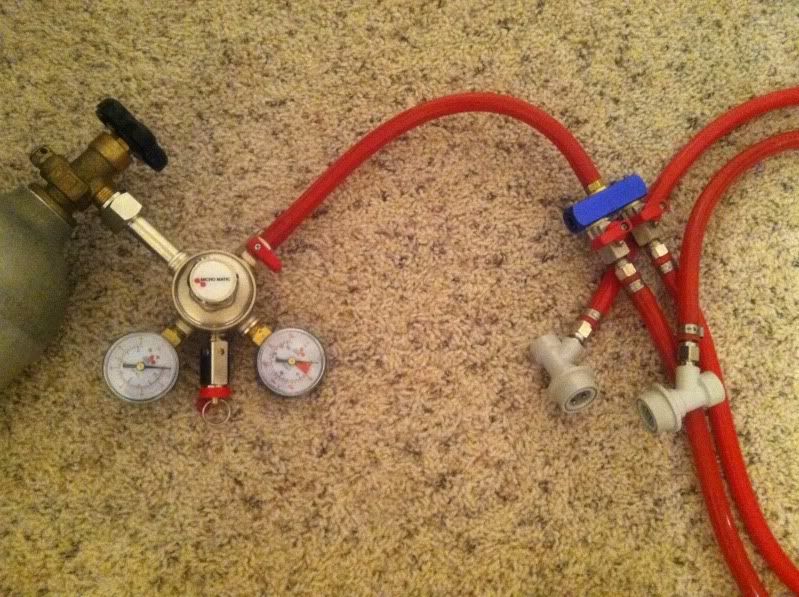- Joined
- Jan 18, 2011
- Messages
- 3,039
- Reaction score
- 289
They look pretty darn close in speed. If it's just about the head, when you pour a stout, lower the glass once or twice to create a head. This will push some CO2 out of suspension and create head. My stout does the same thing. I just do the lower the glass trick, and it works great.
M_C
M_C
Here is the video... guess I was just interrupting the head forming as a "faster pour".
http://www.youtube.com/watch?v=uAS5RLZEz4w



 . Video got cut off but appears identical. Who knows.
. Video got cut off but appears identical. Who knows.





















![Craft A Brew - Safale S-04 Dry Yeast - Fermentis - English Ale Dry Yeast - For English and American Ales and Hard Apple Ciders - Ingredients for Home Brewing - Beer Making Supplies - [1 Pack]](https://m.media-amazon.com/images/I/41fVGNh6JfL._SL500_.jpg)

































